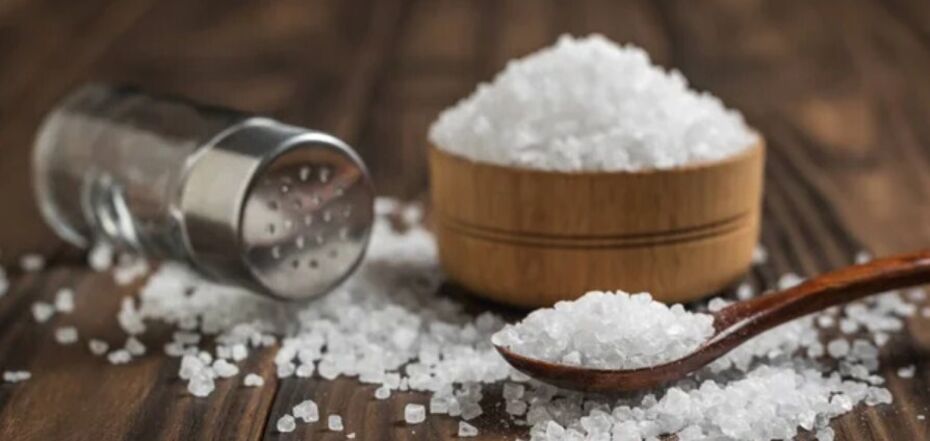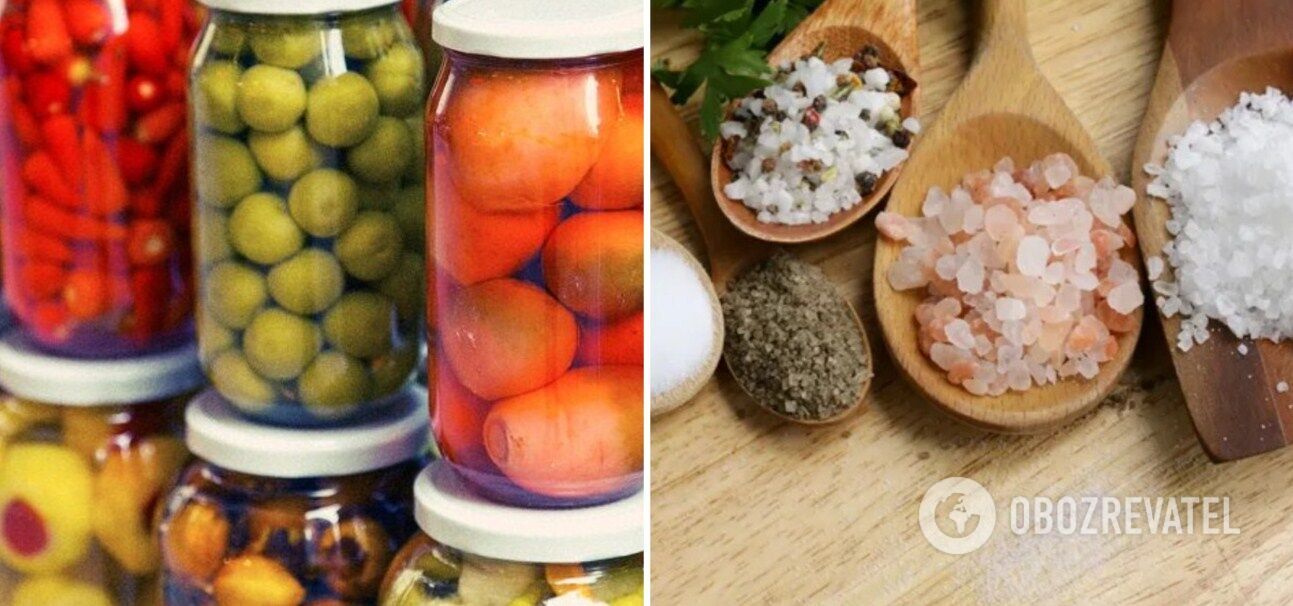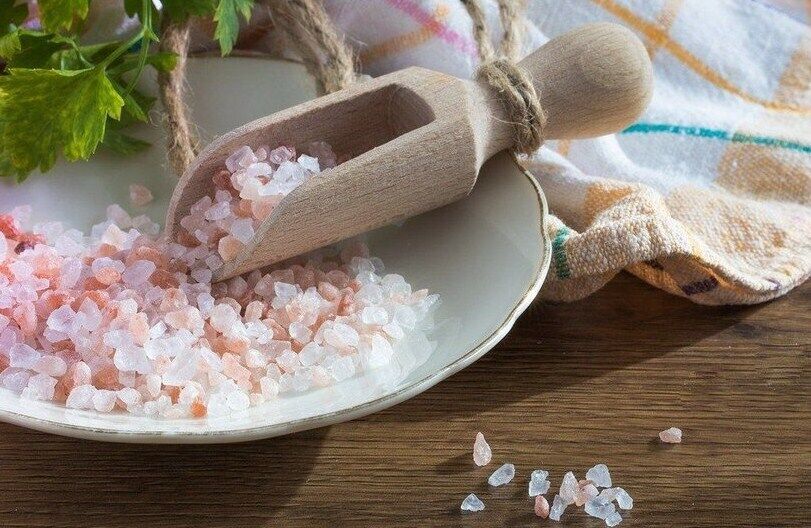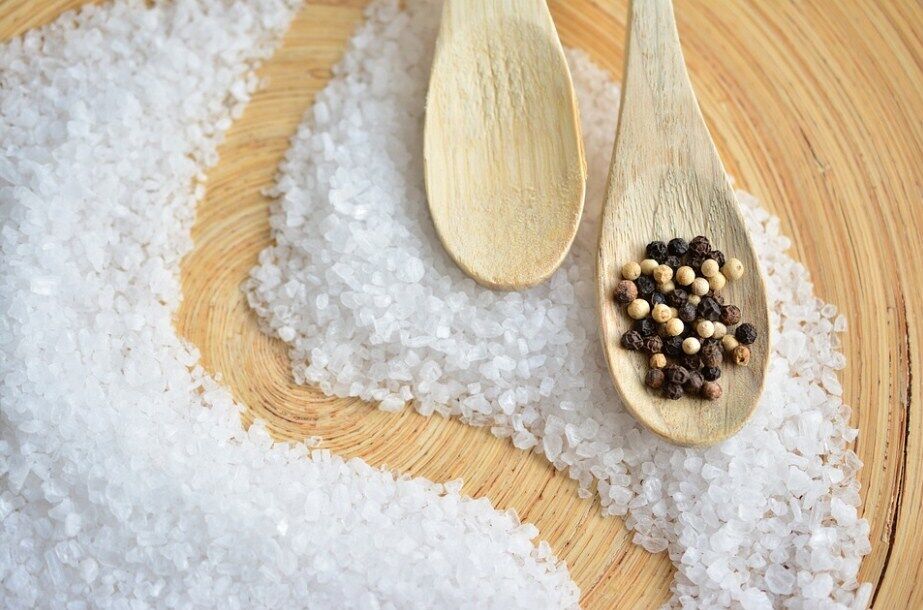Food
What salt is best for canning: tips
Surprisingly, salt plays an important role in homemade canning food. It affects the quality and shelf life of the preservation. However, not all types are suitable for cooking.
The FoodOboz editorial team has gathered information and will tell you which salt is best for preserving and why.
Table salt
Table salt is made up of pure sodium chloride, which means that it is free of various impurities and trace elements. As such, it is ideal for canning and pickling. However, to prevent lumps from forming in the salt, E536 is added, which is not suitable for cooking.
Rock salt
Rock salt is a coarse-ground white table salt that usually contains impurities. It includes a subspecies of colored Himalayan salt. Compared to table salt, it contains more minerals: calcium, iron, potassium, and magnesium. As for sodium, it is several times less than in ordinary salt. In addition, rock salt contains substances that do not have a very good effect on the quality of the preparations.
Sea salt
Sea salt has little difference in taste from table salt, which cannot be said about its chemical composition. In general, it is possible to use this type of salt for canning, but it is difficult to say for sure about the quality of future preparations. This is because, in addition to natural iodine, which does not harm preservation, sea salt contains other minerals and even algae particles. Compared to table salt, sea salt has a different degree of salinity, so you can either oversalt or undersalt your preparations.
Iodized salt
In simple terms, iodized salt is a mixture of rock or sea salt with the addition of iodine-containing salts, which is usually used to treat iodine deficiency. The answer to the question of whether it can be added to canned food is ambiguous: it depends on the composition of the salt.
For example, if you see potassium iodide on the package together with a stabilizer (sodium thiosulfate), it means that over time, such salt loses its taste properties: the taste of the preparations becomes bitter, and the products themselves become soft. In addition, the shelf life of the products is reduced.
If you notice the food additive E917 in the composition, you can safely use the salt. The presence of such a compound means that it will not lose its smell and taste, which has a good effect on preservation.
































